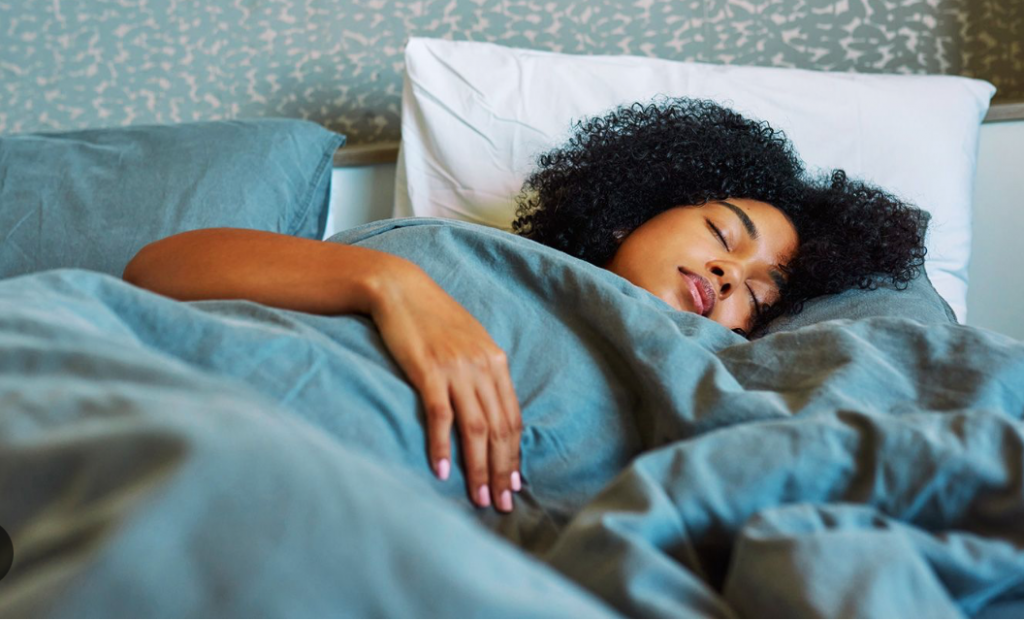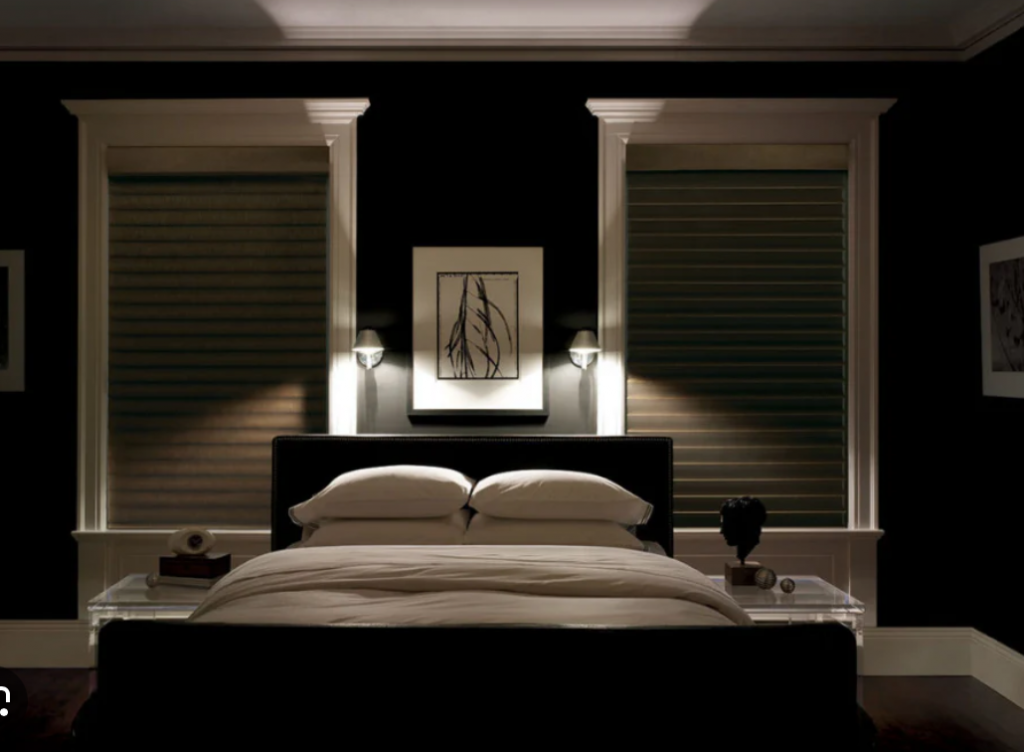The clocks have gone forward, so we can all enjoy those light evenings and even lighter early mornings. If you commute to work, your circadian rhythms make it likely you’ve been up since about 6am, maybe even earlier.
Sleep practitioners say there’s a common misconception that we all need eight hours of sleep. This isn’t the case. For most people, eight hours is unrealistic – not even one in five people manage to achieve it. The main thing you should be focusing on is sleep quality.

If you’re getting a good quality night’s sleep, it shouldn’t matter whether you are waking up at 6am or getting your full eight hours every night. However, if you’re getting consistently less sleep, poor quality sleep, your body is very quickly going to become worn out.
NHS GPs and health consultants share some tell-tale signs that the commute is really taking its toll with those early risers. Lack of sleep means a lack of protection of cytokines which makes us more vulnerable to infections. Cytokines are signalling proteins that help control inflammation in your body.
Poor sleep is causing 23 to 45% of the population to lose more than two work weeks’ worth of productivity every year. A tired brain is like a tired muscle that can simply not run the marathon until its rested well enough. Sleep allows your brain to recharge for the next day.
Sleep helps us consolidate our memories, which means the better we sleep, the more likely we are to make those memories stick. The short-term effect of insomnia or poor sleep on memory is increased forgetfulness, as there’s an element of cognitive decline due to brain fatigue.
We also have enough data to be able to say a lack of sleep causes obesity, diabetes and cardiovascular disease. Why can we gain weight or get diabetes from a lack of sleep? ‘It adversely affects the metabolism of sugars (glucose) in our bodies

You might want to get yourself some blackout blinds, as a new study has found there are a number of implications of sleeping in a light room. According to researchers in China, leaving the curtains open while you sleep could increase your risk of a stroke by 43%, as light pollution hampers quality rest and puts strain on the body’s organs.
According to the research, exposure to bright light at night ‘could lead to the body’s circadian rhythm suppressing melatonin secretion.’ As a result, triglyceride levels, blood pressure and blood glucose could all increase, triggering vascular conditions.
The best environment for quality sleep
To improve your bedtime conditions for optimum rest, you should keep your room as dark as possible or wear a sleep mask. Darkness is essential for sleep, Even small amounts of light can be disruptive and the lighter your bedroom, the worse the problem.
Also, ensure that your room is the right temperature (around 16-18°C) and you aren’t too warm under the covers. This is because your body needs to lose heat during the night, so being too warm can disturb your sleep.








